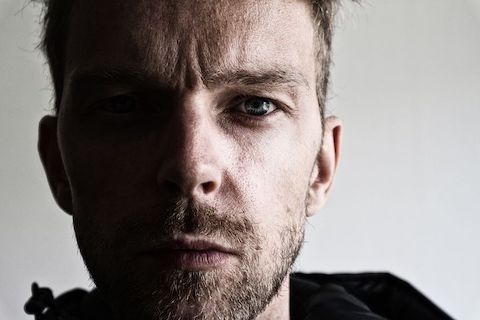Your Children are on Their Own Soul's Journey
By Dr. Margaret PaulDecember 31, 2006
Most parents want to think that they have more control over their children than they do.
 In a phone session with Gerald, one of my clients, he expressed to me that he was feeling very sad about his son, Luc. Luc, 29 years old, was not doing much with his life, and Gerald was berating himself for how he had parented Luc.
In a phone session with Gerald, one of my clients, he expressed to me that he was feeling very sad about his son, Luc. Luc, 29 years old, was not doing much with his life, and Gerald was berating himself for how he had parented Luc.
"I should have spent more time with him. I should have motivated him more. I should have been a better role model. I should have been more firm with him." On and on he went, judging himself for how he had been as a parent.
"Gerald," I said, "Luc is on his own soul's journey. Even if you had been a perfect parent - and none of us really knows what that means - Luc might still be having the challenges he is having."
"Really? Wow! That makes me feel much better! I never thought of it that way. Tell me more about what you mean by his own soul's journey."
"I mean that each of us comes here to learn certain soul lessons. Regardless of how good or bad your parenting was, Luc is on his own journey, making his own choices. You can take responsibility for how you were as a parent, but you cannot take responsibility for the choices he is making for his life."
"But I keep feeling that if I had been a better parent, he would not be struggling the way he is."
"Maybe that's true and maybe not. You have no way of knowing this. I know people from very abusive families who do very well in their lives, and I know people who were from loving families who are struggling. Your self-judgment is your attempt to have control over something you have no control over - Luc's choices. You are trying to avoid your feelings of helplessness regarding Luc. But you are helpless over him. You cannot make him be different.
"Each child is different and each child will respond differently to our parenting. We do the best we can for our children. Most parents want the very best for their children and feel deep pain when their children go through pain. Yet we cannot prevent them from their own soul's journey."
"So what can I do to help him?"
"The very best thing you can do is to continue doing your own Inner Bonding work, while praying for him. Even though he is 29, you are still a role model for him. Certainly judging yourself is not good role modeling. Luc needs to see you doing all you can to take loving care of yourself. When he sees you feeling really good about yourself and happy with your life, he might decide to make some changes. Aside from becoming a loving role model and praying for him, there is really nothing you can do about his choices. You need to accept your helplessness over him instead of trying to have control over him. Any attempts to control him will likely result in resistance."
"Yes, he seems to be very resistant to anything I say. This is part of my frustration and sadness."
"That's why you need to let go of trying to control him...
"You need to let go of being invested in the outcome regarding his choices and just keep on your own journey. The more you let go of him, the better chance you have of him making loving choices for himself, especially when he sees you making loving choices for yourself."
Most parents want to think that they have more control over their children than they do. We want to think that if we "do it right" we can control the outcome we want for our children. It will make it much easier to let go of trying to control your children and just be the very best parent you can, when you understand and accept that they are on their own soul's journey.
 Send this article to a friend
Send this article to a friend  Print this article
Print this article  Bookmarked 1 time(s)
Bookmarked 1 time(s)
| Related Articles |
|---|
| Parents: Letting Go of Guilt |
| Loving Your Children By Loving Yourself |
Comments
| Author | Comment | Date |
|---|---|---|
| Join the Inner Bonding Community to add your comment to articles and see the comments of others... | ||

Daily Inspiration
Today, notice what you do to avoid painful feelings. Do you stay in your head instead of in your body? Do you keep your breath shallow? Do you get angry, withdrawn, judgmental? Do you use food, alcohol, drugs, sex, spending, gambling, work, TV? Today, compassionately embrace and learn from your feelings rather than avoiding them, and see how you end up feeling.
By Dr. Margaret Paul

 Share with Del.icio.us
Share with Del.icio.us Share with Digg
Share with Digg






